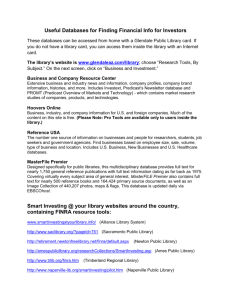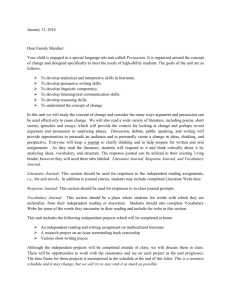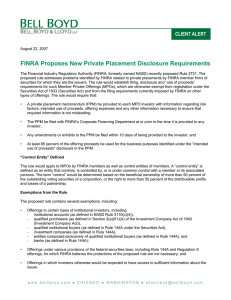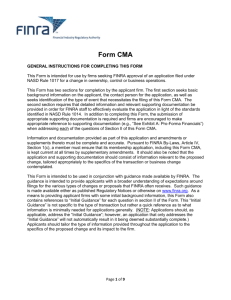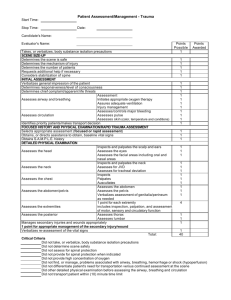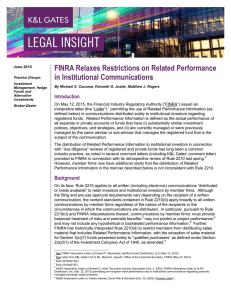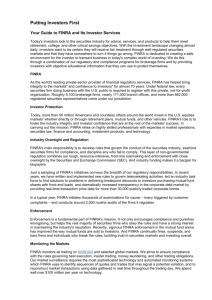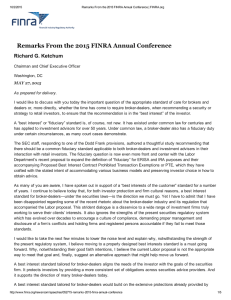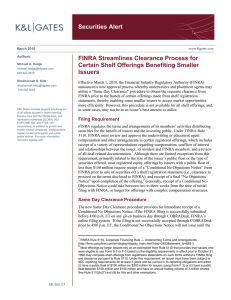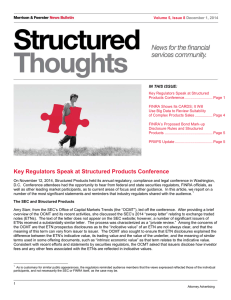The Essence of Social Marketing
advertisement
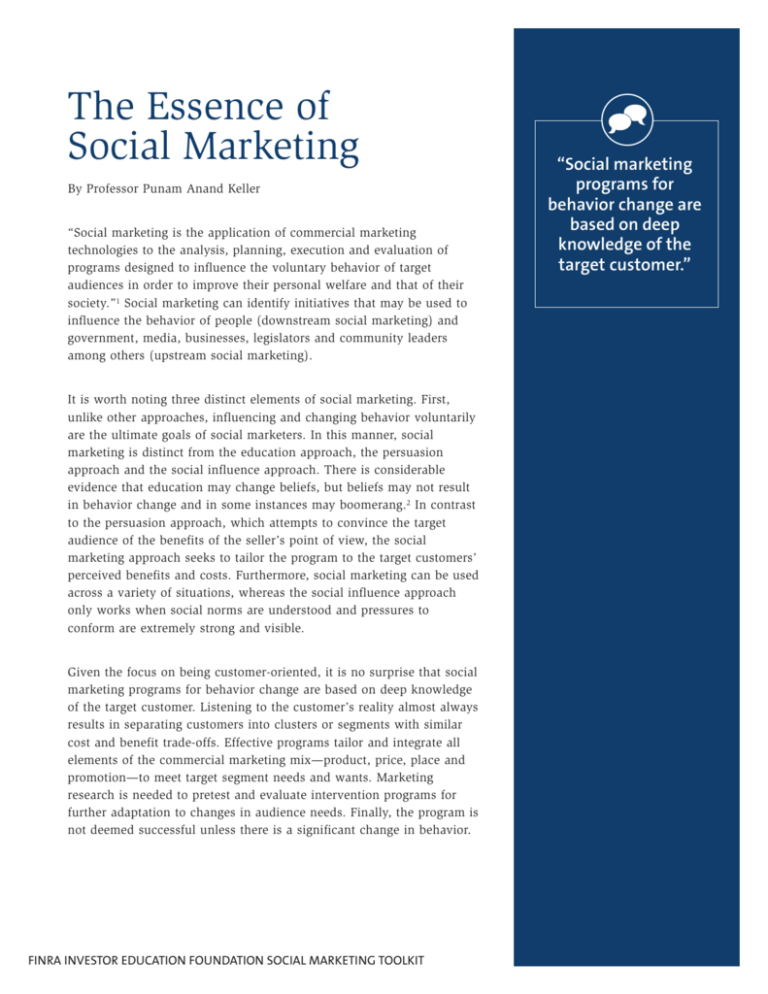
The Essence of Social Marketing By Professor Punam Anand Keller “Social marketing is the application of commercial marketing technologies to the analysis, planning, execution and evaluation of programs designed to influence the voluntary behavior of target audiences in order to improve their personal welfare and that of their society.”1 Social marketing can identify initiatives that may be used to influence the behavior of people (downstream social marketing) and government, media, businesses, legislators and community leaders among others (upstream social marketing). It is worth noting three distinct elements of social marketing. First, unlike other approaches, influencing and changing behavior voluntarily are the ultimate goals of social marketers. In this manner, social marketing is distinct from the education approach, the persuasion approach and the social influence approach. There is considerable evidence that education may change beliefs, but beliefs may not result in behavior change and in some instances may boomerang.2 In contrast to the persuasion approach, which attempts to convince the target audience of the benefits of the seller’s point of view, the social marketing approach seeks to tailor the program to the target customers’ perceived benefits and costs. Furthermore, social marketing can be used across a variety of situations, whereas the social influence approach only works when social norms are understood and pressures to conform are extremely strong and visible. Given the focus on being customer-oriented, it is no surprise that social marketing programs for behavior change are based on deep knowledge of the target customer. Listening to the customer’s reality almost always results in separating customers into clusters or segments with similar cost and benefit trade-offs. Effective programs tailor and integrate all elements of the commercial marketing mix—product, price, place and promotion—to meet target segment needs and wants. Marketing research is needed to pretest and evaluate intervention programs for further adaptation to changes in audience needs. Finally, the program is not deemed successful unless there is a significant change in behavior. FINRA INVESTOR EDUCATION FOUNDATION SOCIAL MARKETING TOOLKIT “Social marketing programs for behavior change are based on deep knowledge of the target customer.” Social marketing sounds like the panacea to all social behavioral issues. Why then doesn’t everyone apply social marketing in their strategic and implementation plans? Several factors preclude the effective use of social marketing. First, note we do not refer to the behaviors we seek to change as problem behaviors. Believing that the program director is in the right and that the target audience is in the wrong is almost guaranteed to lead to unsuccessful programs. Rather than assume that the audience is unaware of the costs of continuing the behavior and/or unmotivated to change, successful social marketing assesses the tradeoffs that explain consumer choice. Second, program directors may not see the need for social marketing if they believe their goals are so worthy they will sell themselves without any commercial marketing techniques. This results in mass marketing that does not differentiate among target audience segments. 1 2 Alan R. Andreasen, Marketing Social Change, San Francisco: Jossey-Bass, 1995. Punam A. Keller, “Depressive Realism and Health Risk Accuracy: The Negative Consequences of Positive Mood,” Journal of Consumer Research, 2002. FINRA INVESTOR EDUCATION FOUNDATION SOCIAL MARKETING TOOLKIT “Successful social marketing assesses the trade-offs that explain consumer choice.”


